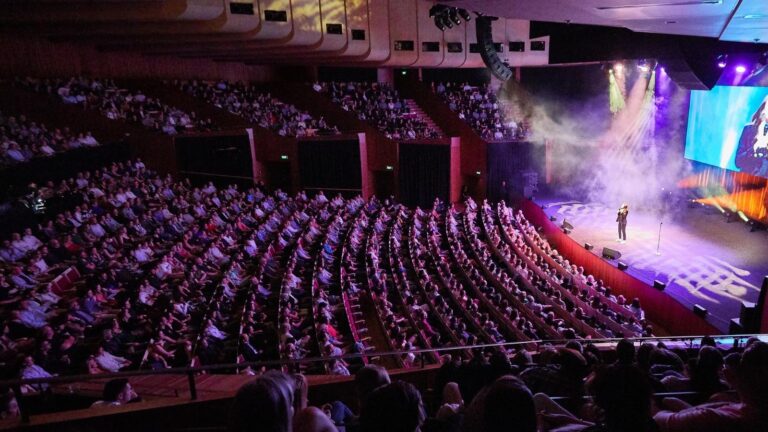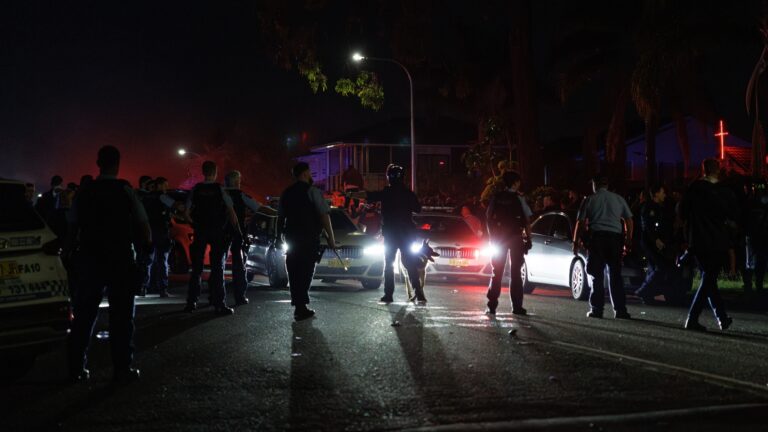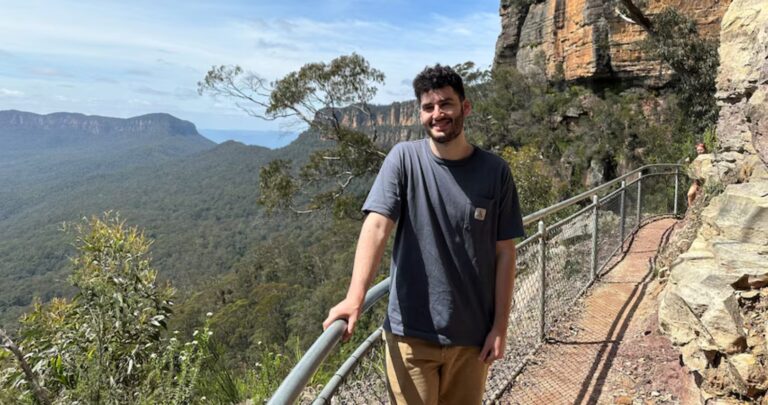
The slow dimming of Earth Hour

It’s the global event that began in Sydney, when people shut off their lights for climate change. But in its eighth year, there are signs the lights are being turned off on Earth Hour itself.
In what is perhaps a recognition of that, the event will change tack this year to focus more directly on the plight of the Great Barrier Reef.
Michael Mobbs, sustainability expert and former environmental lawyer, said it’s difficult to say whether Earth Hour has an impact because there’s no data accounting for its long term effect.
“If it was intended to change behaviour, you would reckon they would have the data to show that,” he said.
“We do know that energy use is going up, we do know that for most other nights of the year the lights are left on, so it’s a kind of a show pony night that doesn’t seem to bring substantial change.”
Those people who are already convinced about climate change enjoy the event, Mr Mobbs explains, but he doubts whether it convinces anyone else.
“Those people who are not convinced, the people who are finding it hard to pay energy bills and who are away from the CBDs, I’m not sure that they would know much about it,” he said.
Phil McManus, Professor of Urban and Environmental Geography at Sydney University, told City Hub Earth Hour doesn’t work in terms of actual energy saved.
“It’s one hour out of 8760 hours in a year and it’s a Saturday night, so it’s not the highest time for energy use anyway,” he said.
Lights don’t use a great deal of electricity, Mr McManus points out, compared with other appliances such as refrigerators and dishwashers.
“I think it’s certainly highly symbolic and it works that way, in terms of symbolism, to get people to think at least about their energy usage,” he said.
According to Anna Rose, National Manager of Earth Hour in Australia, that’s the whole point to Earth Hour – it’s about bringing people together to have a conversation about climate change.
“So it is a symbolic action and the fact that it’s been embraced by the people of 154 countries shows that the world can unite to show their concern,” she said.
Earth Hour, which began in Sydney, is going through a revamp this year, Ms Rose explained. It will focus on the impact of climate change on the Great Barrier Reef and being relaunched as a yearlong movement.
“After ‘lights out’ we’ll start running campaigns with the Earth Hour community on important issues like increasing Australia’s renewable energy target,” she said.
Earth Hour takes place March 29 at 8:30pm.









